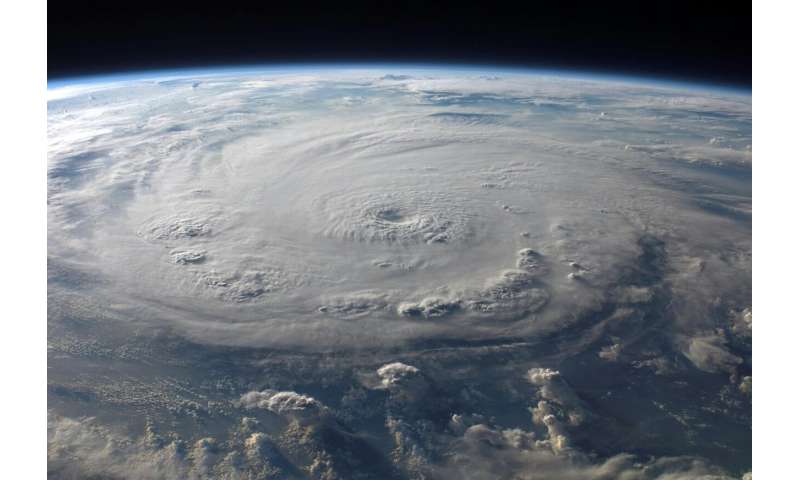Tropical weather researchers share thoughts on 2024 hurricane season

Forecasters are expecting a busy 2024 Atlantic hurricane season, which officially kicks off on June 1 and runs through the end of November.
On Thursday, the National Oceanic and Atmospheric Administration (NOAA) released its annual seasonal hurricane outlook for the Atlantic basin. Due to the combination of warmer-than-average ocean temperatures and a developing La Niña, the agency believes the year could be hyperactive.
La Niña, the opposite of El Niño, refers to the periodic cooling of ocean surface temperatures in the equatorial Pacific. Generally during a La Niña there's more instability in the atmosphere, which can support hurricane development. In 2020, during the last La Niña, the Atlantic saw a record 30 tropical storms and 14 hurricanes.
Kristen Corbosiero, an associate professor in the Department of Atmospheric and Environmental Sciences, studies hurricane formation, as well as structure and intensity change. Her research specifically focuses on the interaction between tropical cyclones and the environments in which they are embedded.
Corbosiero agrees that early signs point to an active 2024 Atlantic hurricane season.
"Developing La Niña conditions and much warmer than normal ocean temperatures across the Atlantic are both signals that we will experience an above normal number of tropical storms this season, including some intense major hurricanes," Corbosiero said.
Brian Tang, also an associate professor in the Department of Atmospheric and Environmental Sciences, specializes in various aspects of tropical cyclones, including their formation and intensification. He's currently leading a $2.15 million Office of Naval Research project to help forecasters better understand and predict the rapid intensification of hurricanes.
Although too early to predict where hurricanes will make landfall, Tang cautions that now is the time to prepare.
"It is not possible to determine when and where hurricanes will make landfall this far out. Still, a greater number of hurricanes implies a greater risk of hurricane impacts to coastal communities. These impacts include damaging winds, storm surge, and flooding rains," Tang said. "The best advice ahead of the season is to be prepared and have a plan in case a hurricane threatens."
Tang and Corbosiero, along with graduate students at the University at Albany, will be involved in this season's NOAA Hurricane Field Program, which is focused on improving our understanding and prediction of hurricane track, intensity, structure, and associated hazards.
The UAlbany research team has developed an aircraft module that can collect data to study dry-air intrusions into hurricanes. This data will be valuable for understanding how hurricanes intensify and weaken, and may give forecasters a heads up of imminent intensity changes that are sometimes hard to predict.
Provided by University at Albany